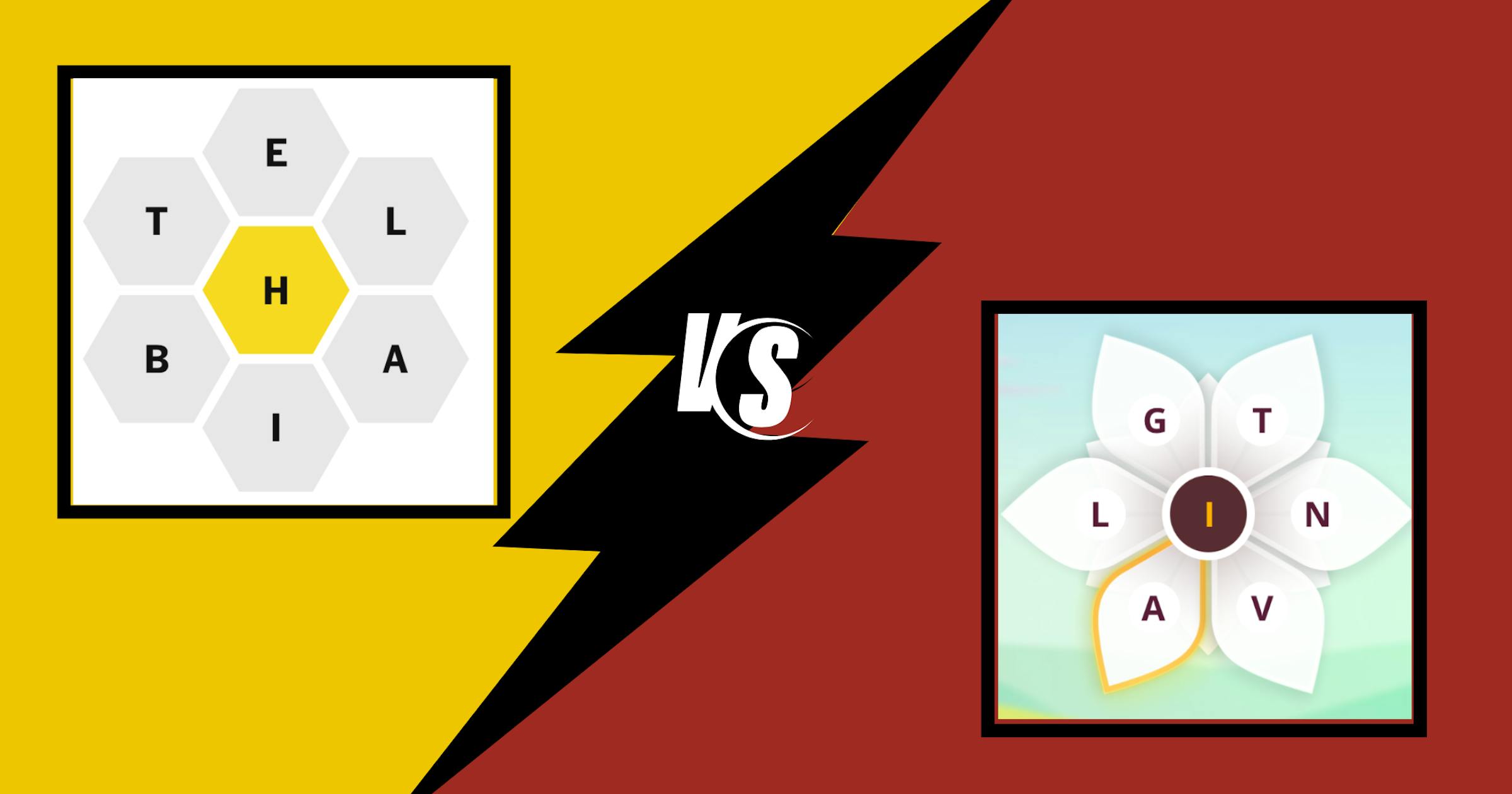NYT Games and Merriam-Webster, two giants in the word puzzle world, have gone head-to-head with their daily word challenges: Spelling Bee and Blossom. While both games task players with building words around a central letter, their unique twists create distinct experiences. Merriam-Webster has taken clear inspiration from NYT’s winning formula, but does it bloom into something new or stay in the shadow of the hive? Let’s break it down.
Gameplay Duel: Hive vs. Petals
NYT Spelling Bee
Spelling Bee presents players with a honeycomb of seven letters, where every word must include the central letter and be at least four letters long. You can use letters multiple times, and finding the pangram (a word that includes all seven letters) is a major goal. Sam Ezersky, the game’s editor, has explicitly ruled out the letter 'S' to prevent easy plural formations, keeping the challenge sharp and intentional.
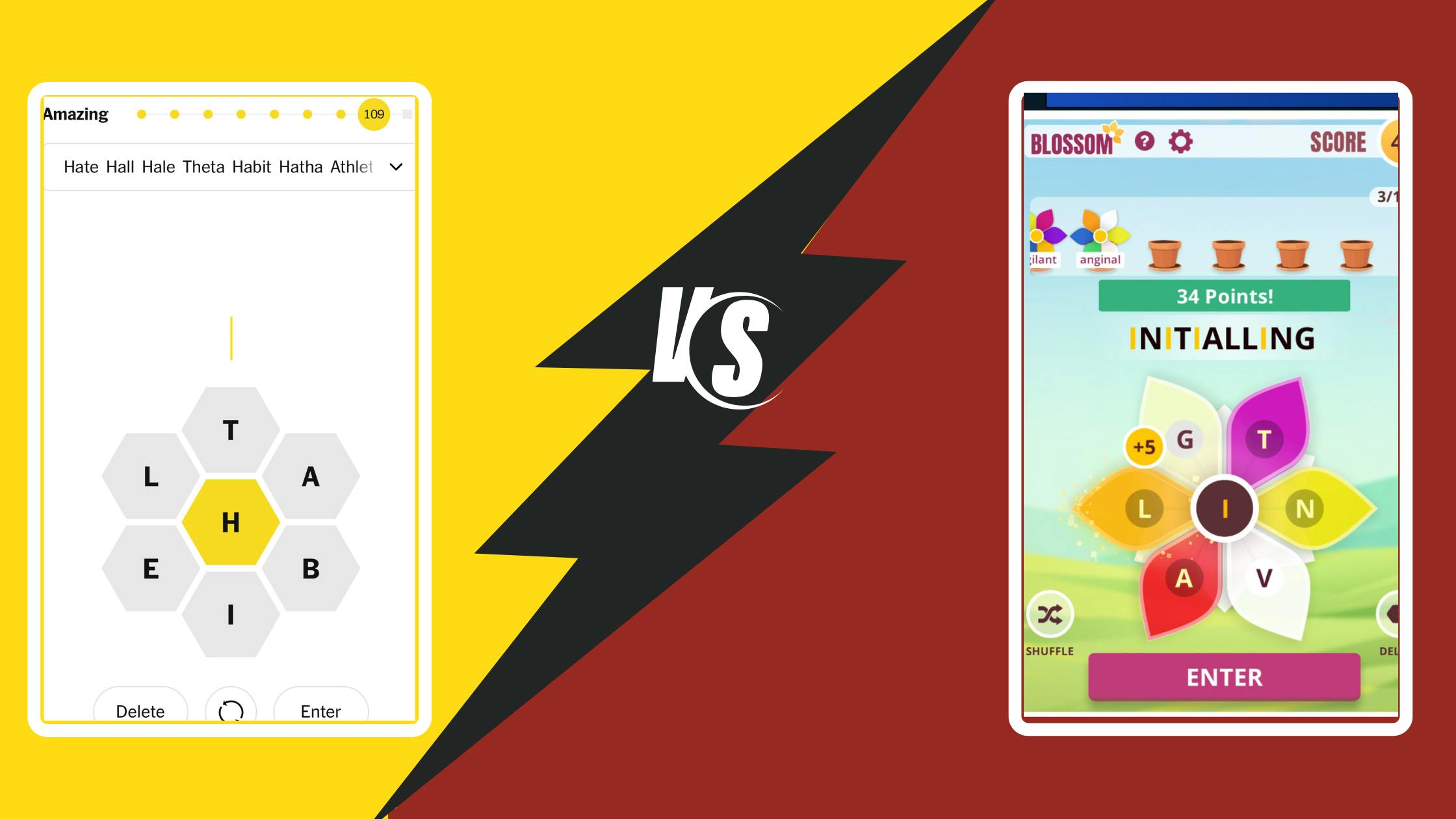
Merriam-Webster Blossom
Blossom follows a similar seven-letter format but arranges the letters in a flower-like structure. The core mechanics remain the same—four-letter minimum, mandatory center letter, and repeatable letters—but it introduces a unique scoring system. A highlighted bonus letter grants extra points, and only 12 words per puzzle contribute to the final score, making each selection a strategic decision.
Scoring: Points and Prestige
Spelling Bee
Spelling Bee rewards persistence with a straightforward scoring system. Four-letter words earn a single point each, while longer words score one point per letter—for example, a six-letter word is worth six points. Pangrams, which use all seven letters, provide a major boost by earning seven points for their length plus an additional seven-point bonus, totaling 14 points. Rankings range from “Good Start” to the coveted “Genius” title, with the ultimate achievement being “Queen Bee,” awarded for discovering every possible word. If you're stuck, a Spelling Bee hint might nudge you toward an overlooked word.
Blossom
Blossom, on the other hand, has a scoring system that rewards word length in a structured way. Four-letter words earn two points, five-letter words get four, and six-letter words score six. Seven-letter words jump to 12 points, with each additional letter adding three more. Using the highlighted bonus letter grants an extra five points, and finding the pangram (which uses all seven letters) adds a seven-point bonus. With only 12 scoring words per puzzle, every choice counts, making it a game of strategy as much as vocabulary. Stuck on a tricky word? A Blossom hint could help you uncover a key scoring opportunity.
The Experience: Slow Burn vs. Quick Bloom
While both games rely on pattern recognition, Spelling Bee is a game of patience. With unlimited words to uncover, dedicated solvers can spend hours coaxing every possibility from the hive aiming to achieve Queen Status. A strong community in the dedicated forum and optional help increase engagement.
Blossom, in contrast, is a sharper, more concise experience. With only 12 scoring words per day, the challenge shifts to efficiency over endurance. The ability to reset the day’s puzzle allows players a second chance at optimizing their score—something Spelling Bee purists can only dream of.
Accessibility and Features
Spelling Bee is available via the NYT Games subscription, with a limited free version daily. Dark mode and a dedicated app enhance the experience, but there’s no way to reset progress. Blossom, on the other hand, is entirely free via Merriam-Webster’s site, offers 2 weeks of past puzzles for free, and includes features like shuffle and sound options.
Which Game is for You?
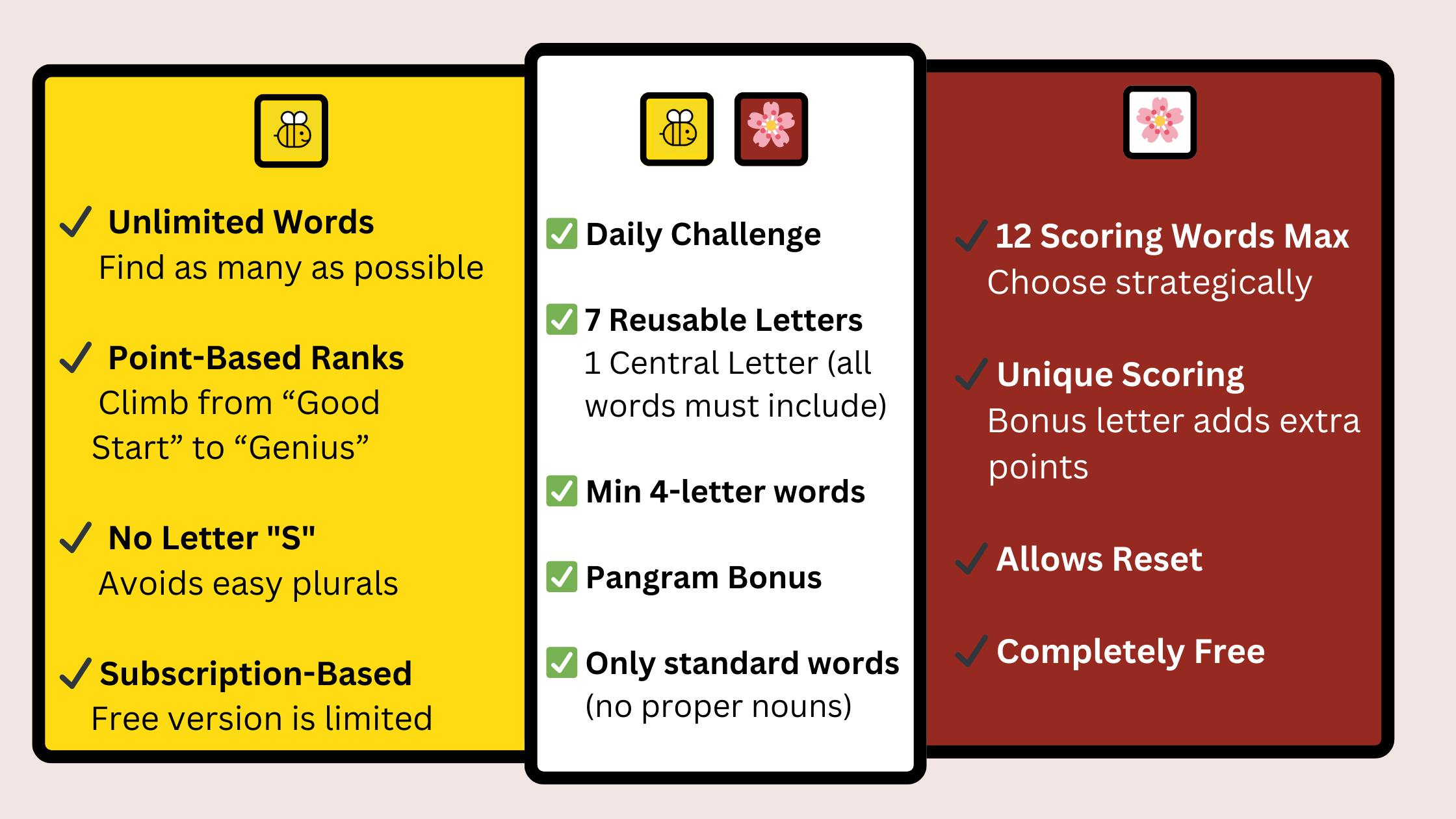
If you love slow, meticulous word-hunting, enjoy the satisfaction of rankings, and want a challenge that rewards endurance, Spelling Bee is your game.
If you prefer a faster-paced, strategy-heavy experience with a fresh scoring system and the ability to replay, Blossom might be your perfect daily brain workout. For those who don’t have or enjoy an NYT subscription, Blossom serves as a compelling alternative—especially since Spelling Bee’s limited free version often leaves players wanting more.
Ultimately, both games scratch the word-game itch in their own way. Whether you’re a methodical beekeeper or a strategic gardener, there’s a puzzle waiting for you every morning.
Which one will you play first?

 NY Times Mini
NY Times Mini NY Times Crossword
NY Times Crossword NY Times Wordle
NY Times Wordle NY Times Connections
NY Times Connections NY Times Connections Sports Edition
NY Times Connections Sports Edition NY Times Strands
NY Times Strands NY Times Spelling Bee
NY Times Spelling Bee NY Times Pips
NY Times Pips Word Salad
Word Salad Contexto
Contexto Blossom
Blossom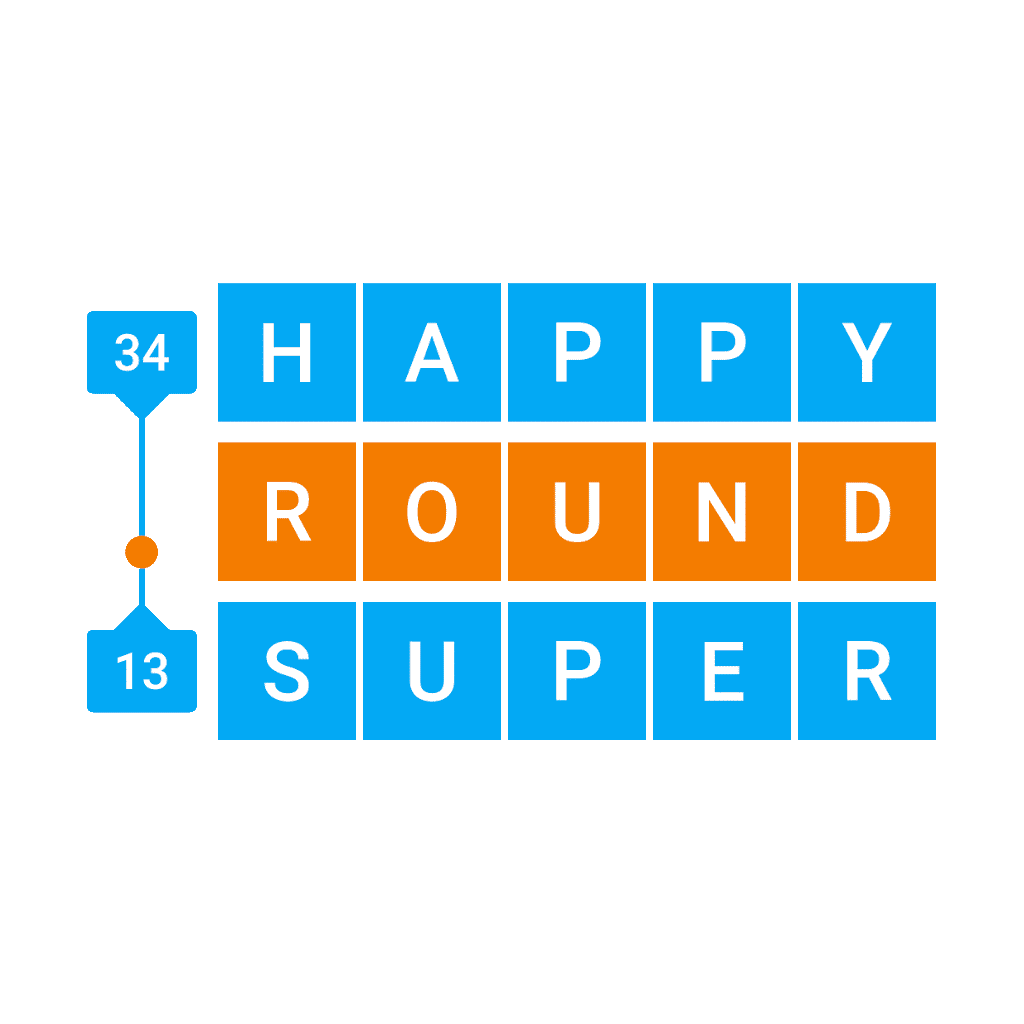 Betweenle
Betweenle Conexo
Conexo Bracket City
Bracket City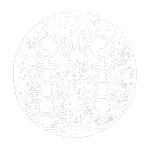 Fluxis
Fluxis Stacks
Stacks Atlantic Crossword
Atlantic Crossword LA Times Mini
LA Times Mini LA Times Crossword
LA Times Crossword Word Hurdle
Word Hurdle Anagram Solver
Anagram Solver Scrabble Word Finder
Scrabble Word Finder Words With Friends Word Finder
Words With Friends Word Finder Atlantic Games
Atlantic Games LA Times
LA Times Zorzzle
Zorzzle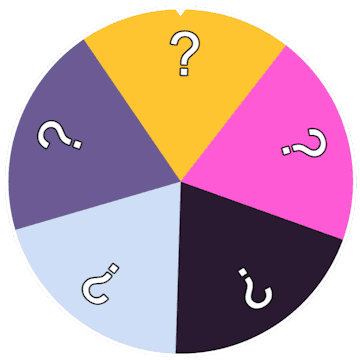 Word of Fortune
Word of Fortune
